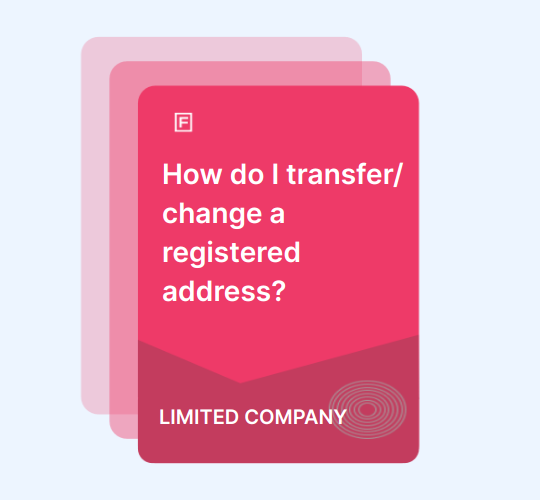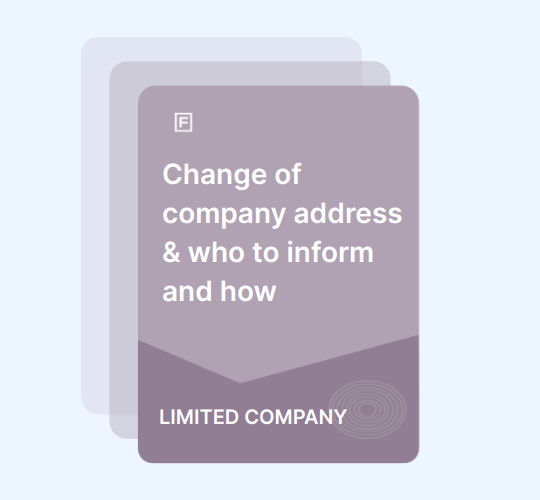

Overview of Share Allotments:
If you’re a UK business owner, you’re likely familiar with the concept of share allotment. Share allotment is an important part of any business’s financial structure, and understanding it can help you make better decisions about your company’s future. Here’s what you need to know about share allotment and how it can help you.
What is Share Allotment?
Share allotment is a process by which a company divides its shares into smaller units. This allows the company to offer more shares to investors, which can help the company raise capital. The company can also use share allotment to give current shareholders the option to purchase additional shares.
Share allotment is an important part of any company’s financial structure, as it can help the company raise capital and increase its value. Share allotment can also help the company attract new investors and give current shareholders the opportunity to increase their stake in the company.
How Does Share Allotment Work?
When a company decides to allot shares, it must first determine the number of shares to be allotted. This number is typically based on the company’s current financial situation and its goals for the future. Once the number of shares has been determined, the company must then decide how much each share will be worth.
This is usually based on the company’s current stock price and its future prospects. Once the number of shares and their value have been determined, the company must then decide who will receive the shares. This is usually done through a process called “allotment”, in which the company offers the shares to certain shareholders or investors.
The company can also choose to offer the shares to the public, which can help the company raise capital and increase its value.
What are the Benefits of Share Allotment?
Share allotment can be beneficial to both the company and its shareholders. For the company, share allotment can help it raise capital and increase its value. It can also help the company attract new investors and give current shareholders the opportunity to increase their stake in the company.
For shareholders, share allotment can be a great way to increase their stake in the company. It can also help them diversify their investments and reduce their risk. Additionally, shareholders may be able to benefit from the company’s future success if the company’s value increases.
What are the Risks of Share Allotment?
While share allotment can be beneficial to both the company and its shareholders, there are also some risks associated with it.
For example, if the company’s value decreases, shareholders may lose money. Additionally, if the company’s stock price falls below the price of the allotted shares, shareholders may be unable to sell the shares at a profit. It’s also important to remember that share allotment can dilute the value of existing shares.
This means that if the company issues more shares, the value of existing shares may decrease. This can be a problem for current shareholders, as they may not be able to sell their shares at a profit.
Conclusion
Share allotment is an important part of any company’s financial structure, and understanding it can help you make better decisions about your company’s future. Share allotment can help the company raise capital and increase its value, and it can also help shareholders increase their stake in the company.
However, it’s important to remember that there are some risks associated with share allotment, and these should be taken into consideration before making any decisions.
%20(2)%20(1).webp)
We can help you with registering a limited company, take home pay, London business address, a dedicated accountant, accounting software and all your company filing from only £75/mo.
















































